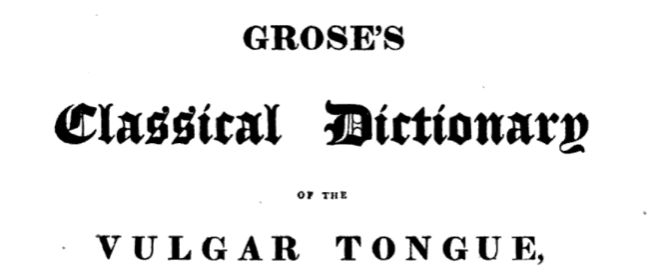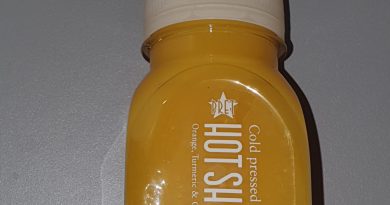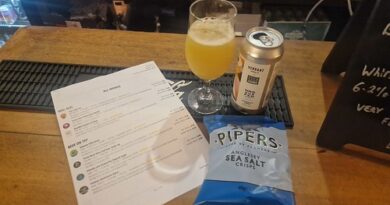Dictionary of the Vulgar Tongue – Day Twenty-Four
The Dictionary of the Vulgar Tongue was first published at the end of the eighteenth century, and given that the Coronavirus crisis is giving too much time to read books, I thought I’d pick a daily word from it until I got bored…..
Bermudas
The dictionary defines this as criminal slang for “certain places in London, privileged against arrests, like the Mint in Southwark. These privileges are abolished”. Liberties were areas of the country where, in effect, a private landowner or, later on, a governmental organisation, had taken over from the Monarch. The Liberty of the Mint, in Southwark, was an historic quirk as it derived from a property used by King Henry VIII as a mint for coinage. A charter in 1550 issued by King Edward VI transferred the area to the City of London, but the mint was excluded.
The mint was ultimately closed and in the eighteenth century it was claimed that the small area was effectively a liberty, and thus exempt from any civil or criminal enforcement. This was a marvellous innovation for criminals, as they could live in this small area, free from anyone being able to pursue them for their criminality. Attempts were made to get rid of it in 1695, although the required Act of Parliament wasn’t passed until 1723.
Living in the area wouldn’t have been pleasant, since it was a very small area and most of the residents were criminals or those suffering financially. There was no employment in the area, so there was no way to earn money to pay debts off, with no chance to leave the narrowly defined area as otherwise debt collectors could seize the individual. The only freedom was on Sundays, when debtors and criminals couldn’t be stopped.
There’s not much evidence of the word ‘Bermudas’ being used in this sense, although there is some, usually in the form of the ‘Barmoodoes’ or the ‘Bermoothes’ spellings. But it’s a lovely reminder of the quirky nature of London’s history.



